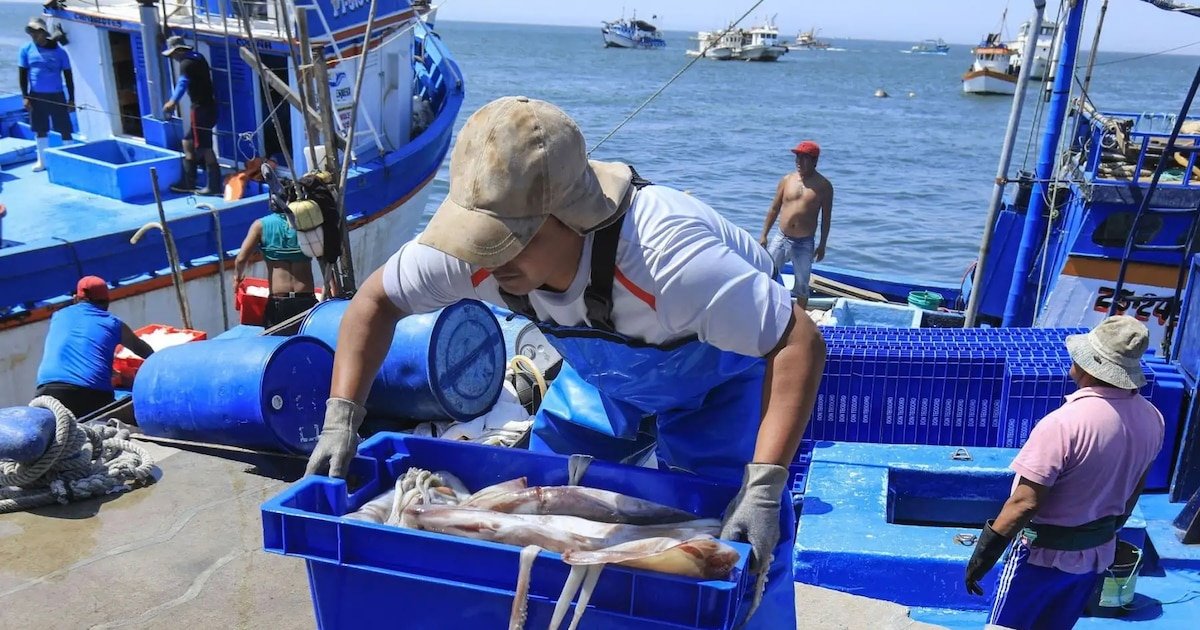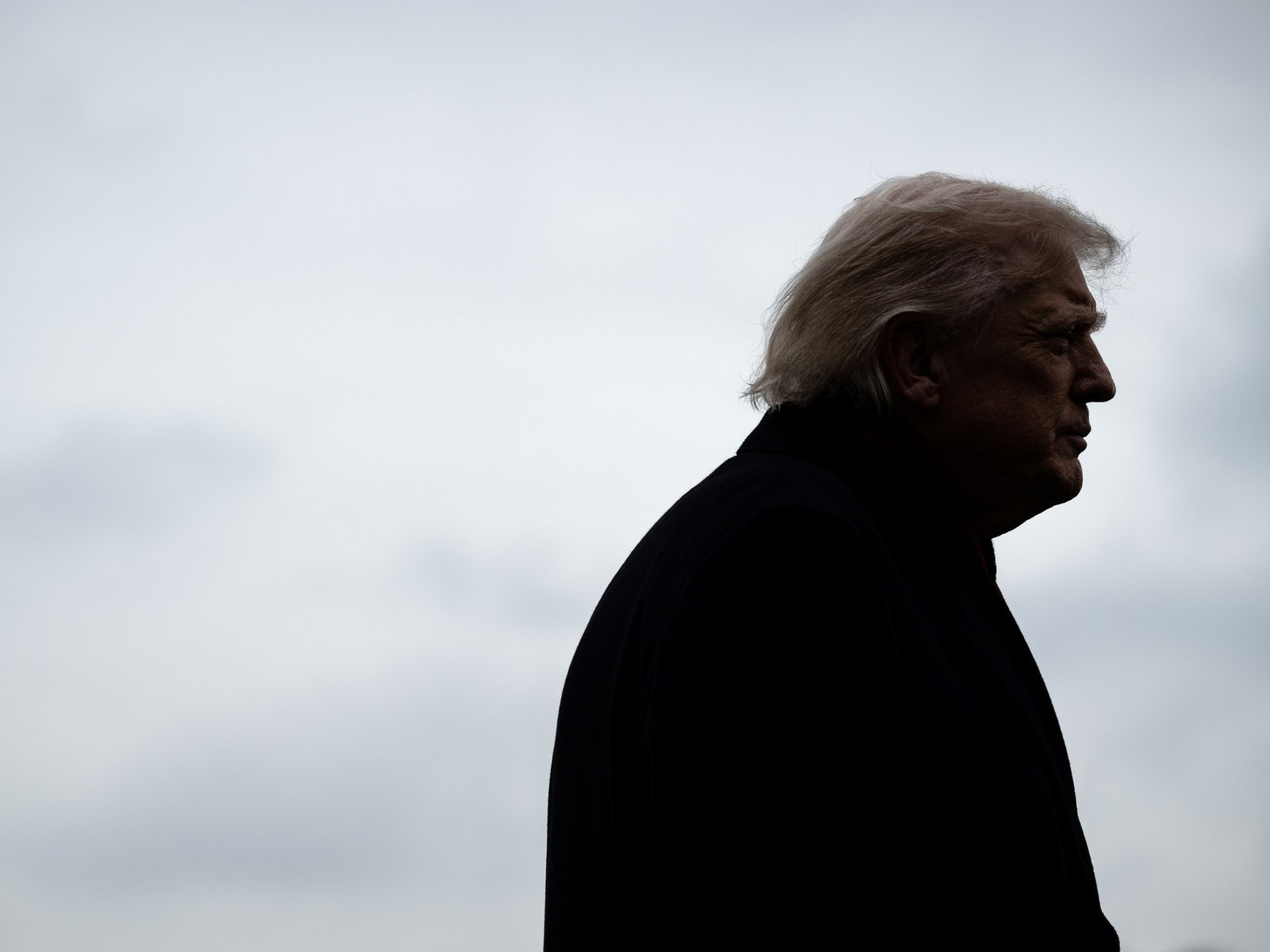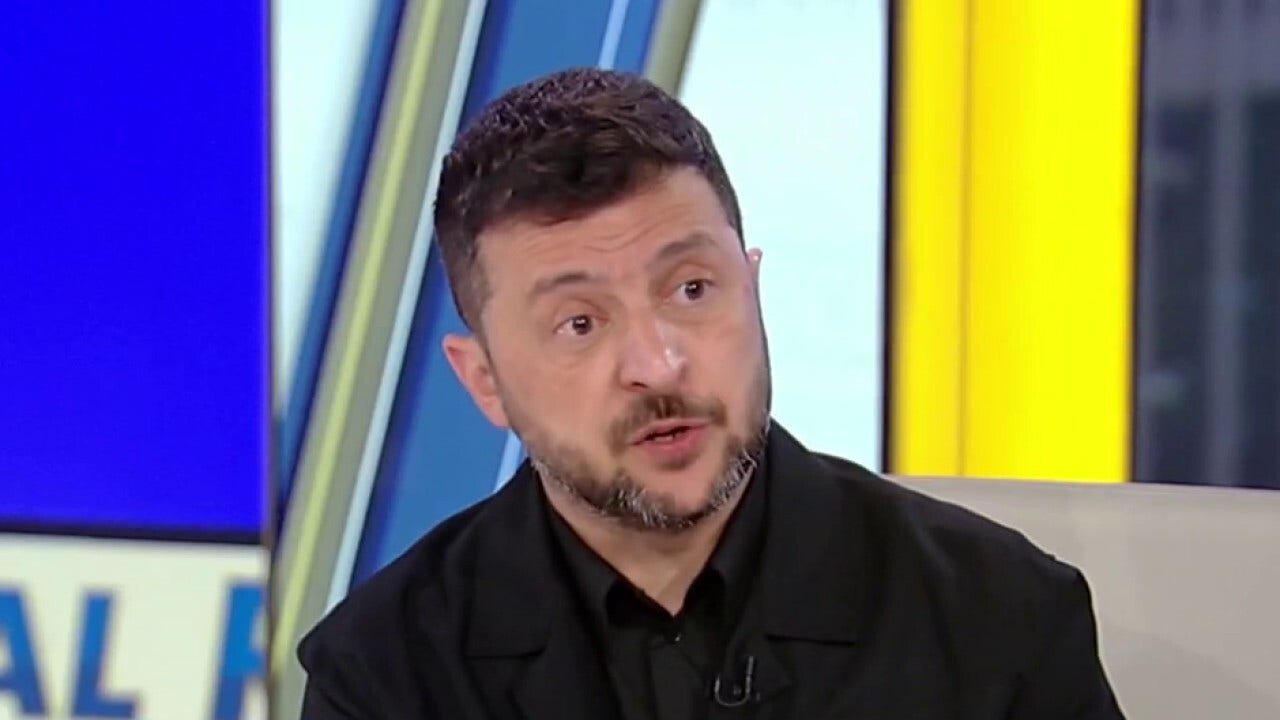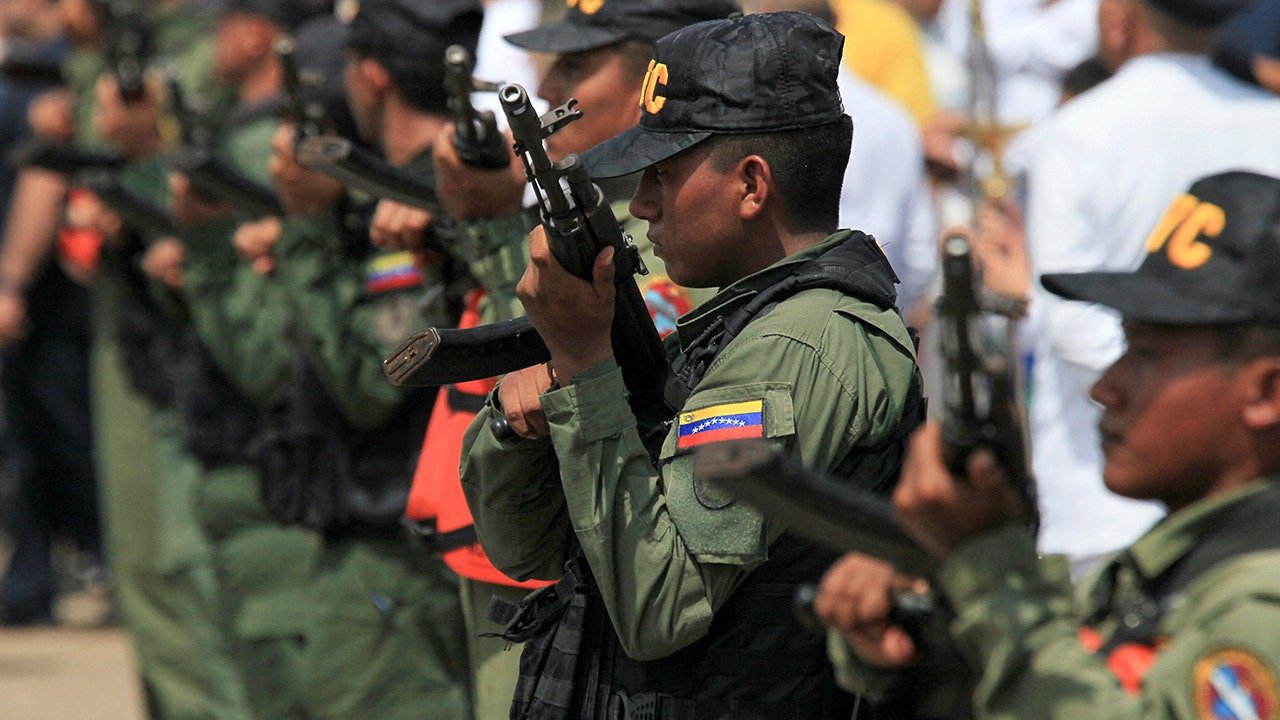INTERNACIONAL
Taiwán levantó las restricciones a la importación de alimentos de Fukushima y amplía su cooperación con Japón ante las amenazas de China

El gobierno de Taiwán anunció la eliminación de las restricciones que, desde 2011, pesaban sobre las importaciones de alimentos procedentes de la región japonesa de Fukushima. A partir de ahora, los controles dejarán de requerir doble certificación y exámenes punto por punto, como confirmaron este viernes las autoridades isleñas.
Según el Ministerio de Salud taiwanés, se adoptará en adelante un esquema de supervisión basado en una clasificación de riesgos, con inspecciones tanto en origen como en el ingreso a la isla, siguiendo criterios similares a los de otras economías desarrolladas.
El comunicado oficial destacó que los análisis científicos realizados no muestran riesgos significativos de exposición adicional a radiación por el consumo de productos originarios de Japón.
China y Rusia mantienen actualmente restricciones específicas para productos alimentarios japoneses. En respuesta al desastre nuclear de Fukushima en marzo de 2011, Taiwán prohibió durante una década el ingreso de alimentos de cinco prefecturas japonesas. La normativa comenzó a flexibilizarse en 2022, autorizando la entrada de artículos con certificación doble y sometidos a pruebas fronterizas rigurosas.
La decisión se conoció luego de que el gobernador de la provincia japonesa de Niigata, Hideyo Hanazumi, diera luz verde este viernes a la reactivación de la central nuclear más grande del mundo, la planta de Kashiwazaki-Kariwa, paralizada como los demás reactores de este país asiático después de que un terremoto y un tsunami posterior provocaran un desastre en la central de Fukushima Daiichi en 2011.
La decisión de eliminar completamente las restricciones coincide con una etapa de fricciones diplomáticas cada vez más evidentes entre Beijing y Tokio, especialmente luego de que la primera ministra japonesa, Sanae Takaichi, insinuara la posibilidad de una mayor implicación militar nipona en una posible guerra en el Estrecho de Taiwán entre la Taipéi y Beijing.
China reaccionó con dureza, alegando que Japón incumplió con los estándares técnicos requeridos para exportar pescado y mariscos a su mercado y advirtiendo, como respuesta a la tensión, que los consumidores chinos no accederán a productos nipones.
A modo de respaldo público, el presidente taiwanés Lai Ching-te difundió en redes una foto en la que aparece degustando sushi preparado con ingredientes provenientes de distintas zonas de Japón. A su vez, el canciller Lin Chia-lung animó a los ciudadanos taiwaneses a visitar Japón y consumir alimentos japoneses como forma de apoyo explícito.
Si bien Tokio mantiene lazos diplomáticos solo con la República Popular China desde 1972, las relaciones económicas y sociales entre la isla y el archipiélago cobraron impulso en los últimos años, potenciadas por intereses compartidos y la evolución del panorama geopolítico del noreste asiático.
El Ministerio de Exteriores de China amenazó este sábado a Japón por su postura “militarista y anquilosada”. la cual representa una “amenaza” para el orden internacional y contradice los compromisos asumidos durante la posguerra para un desarrollo pacífico.
La portavoz de la Cancillería china, Mao Ning, afirmó —según declaraciones recogidas por Xinhua— que si Japón opta por “retomar el viejo camino del militarismo, abandonar su compromiso con el desarrollo pacífico y socavar el orden internacional de la posguerra, tanto el pueblo chino como la comunidad internacional no lo permitirán, y terminará en un fracaso”.
Mao aseguró que Japón, “como país vencido” tras la Segunda Guerra Mundial, asumió obligaciones internacionales definidas —citando las declaraciones de El Cairo y Potsdam y el Instrumento de Rendición de Japón— como el desarme y la prohibición de industrias orientadas al rearme. Advirtió que cualquier alejamiento de estos compromisos fundamentales sería motivo de preocupación regional y global.
(Con información de AFP y EFE)
INTERNACIONAL
Señales de alerta para Donald Trump: el caso Epstein desnuda las grietas en el Partido Republicano

Tensión interna
El caso Jeffrey Epstein
INTERNACIONAL
Reporter’s Notebook : A ‘Letter’ To Zelesnkyy Re The Peace Plan

NEWYou can now listen to Fox News articles!
Having covered Ukraine … and Russia … for over three decades, especially the war between the two countries for the last several years, I’ve naturally been fascinated by the latest Trump administration effort to broker peace.
The reaction I’ve been getting from contacts in Ukraine to the 28-point plan to end the war is not all that positive.
«It’s not worth the paper it’s written on,» said one observer.
«Any deal would have to include Ukraine…and Europe,» noted another.
The overall consensus of analysts is that the document is slanted heavily towards Moscow. The man at the center of things, Ukrainian President Volodymyr Zelenskyy, has been diplomatic in various statements, basically saying he’s «reviewing the points» aiming at arriving at a «dignified peace.»
Ukrainian President Volodymyr Zelenskyy meets with Fox News correspondent Greg Palkot in Kyiv, Ukraine, in April 2024, during coverage of the ongoing war with Russia. (Fox News)
US AND RUSSIA DRAFT PEACE PLAN FOR UKRAINE REQUIRING MAJOR CONCESSIONS FROM KYIV
There are all sorts of talks happening now between the U.S. and Ukraine and among European leaders. We’re even hearing from Russian President Vladmimir Putin. It’s no wonder: The stakes in this war for Europe and the world are enormous. If I were to send a quick note to Zelenskyy, it would go something like this:
Dear Volodymyr,
So far so good. You haven’t freaked out, and you’re promising to engage. Rejection of this plan out of hand would have been a non-starter.
TRUMP, ZELENSKYY AGREE ON CRUCIAL ASPECT TO END UKRAINE WAR: ‘GOOD COMPROMISE’
You’re staying cool (though a bit grim and determined), and you’re talking to people.
My overall advice is … pick your fights, don’t sweat the small stuff, and keep the big picture in mind.
I know what your country is going through. Every time I’m in Kyiv, I go to the same military cemetery outside the city, and it keeps getting bigger and bigger and sadder.
TRUMP’S FIRE FADES ON RUSSIA AS HE PULLS TROOPS, AVOIDS PRESSING XI ON OIL
So, as to the points of the plan: There are a lot easy «gimmes» to Russia. Re-joining the G-8. Gradual dropping of sanctions. Granting of amnesty for everything Russian troops have done. I know this stuff is going to stick in your craw, but little of it affects your country’s future.

Memorial flags and photos commemorate fallen Ukrainian soldiers amid the ongoing war with Russia. (Fox News)
I mentioned that you shouldn’t «sweat the small stuff.» Some of the points might sound like a big deal. Like prohibiting «Nazi ideology» in Ukraine. And adopting «EU rules on religious tolerance and linguistic minorities.» That’s pretty much window-dressing for Moscow. Having the Russian language and Russian church regain official status is not horrendous.
In fact, the plan’s glass is at least one-third full for you guys. Confirming your sovereignty. Russia expected not to invade you again. You will receive reliable security guarantees. Rebuilding pledges and humanitarian promises. They are all good. Just nail down the specifics. Get all sides to commit for sure.
COULD TRUMP’S GAZA CEASEFIRE PLAN OFFER A BLUEPRINT FOR PEACE IN UKRAINE?
Now to three of the points which cross, according to analysts, your red line.
Like handing over the rest of the eastern Donetsk region to Russia even though Moscow’s troops haven’t even taken it. The region is referred to as a demilitarized zone in the plan. A «DMZ» ala the divider between North and South Korea. Well, hold them to that. No troops from either side. Tough security on both sides. A neutral body running things. And see if you can get them to not call it Russian!
Then there’s the reduction by a third of your military. Troop strength limited to 600,000. That’s a huge cut, but it’s still not a bad-sized force. That is if…it was properly trained, well-armed, and finely-positioned. Guarantees are needed for all of this to happen.

Fox News senior foreign affairs correspondent Greg Palkot reports live from Kyiv, Ukraine, as the U.S. House approves a long-stalled aid package for Ukraine. (Fox News)
ZELENSKYY WARNS UKRAINE FACES ‘DIFFICULT CHOICE’ AS US PEACE PLAN HITS MAJOR HURDLE
And then there’s the other red line : No NATO troops in Ukraine. That would seem to scupper the plan to have foreign peace-keepers on the ground, which has been in the works, to monitor the peace. A possible compromise? They’re stationed around Ukraine’s borders, surveillance keeps a close eye on things and rapid-response forces are at the ready.
There are also a few gimmes for the U.S. in all this, like sharing in the profits of reconstruction. But that’s the price of doing business with President Trump.
As for that Thanksgiving deadline to sign the deal? The president has already signaled he’s willing to let that slide if there’s talking.
And that other deadline? One-hundred days until a new election? I know it’s a tough time for you politically with those corruption charges getting near. It might be something you have to live with.
Anyway, for what it’s worth, that’s my take.
Negotiations will probably sink on any hard discussion of any of these main points. But you know what the old adage is : «jaw-jaw» is better than «war-war.»
For the proud people of Ukraine, who have suffered so much during this time, it’s worth your best shot.
CLICK HERE TO DOWNLOAD THE FOX NEWS APP
Sincerely,
Greg
volodymyr zelenskyy,ukraine,peacekeeping,foreign affairs
INTERNACIONAL
FAA warns airlines about flying over Venezuela: ‘Potentially hazardous situation’

Trump renews pressure against Venezuela’s Maduro
Fox News’ Lucas Tomlinson and Rep. María Salazar, R-Fla., join ‘Fox & Friends’ to discuss President Donald Trump’s increased military pressure on Venezuelan leader Nicolás Maduro and an upcoming Capitol Hill vote to condemn socialism.
NEWYou can now listen to Fox News articles!
The Federal Aviation Administration warned airlines about flying over Venezuela as it issued a notice urging them to «exercise caution» due to the «potentially hazardous situation» in the region.
The advisory comes as the U.S. has significantly increased its military presence across the Caribbean under U.S. Southern Command, deploying bombers, warships and Marines as part of an expanded campaign targeting drug-trafficking and so-called «narco-terrorist» networks operating near Venezuela.
«Operators are advised to exercise caution when operating in the Maiquetia flight information region at all altitudes due to the worsening security situation and heightened military activity in or around Venezuela,» the FAA advisory said.
«Threats could pose a potential risk to aircraft at all altitudes, including during overflight, the arrival and departure phases of flight, and/or airports and aircraft on the ground,» it added, requesting airlines to provide at least 72-hour advance notice to the FAA if they plan to fly through the area.
US NAVY DESTROYER ARRIVES IN TRINIDAD AND TOBAGO AS TRUMP TURNS SCREWS ON VENEZUELA
Members of Venezuela’s Bolivarian National Guard stand in formation as they carry out an increased security patrol along Lake Maracaibo amid rising tensions between Venezuela and the U.S., in Maracaibo, Venezuela, on Oct. 26, 2025. (Isaac Urrutia/Reuters)
Direct flights from U.S. passenger and cargo carriers to Venezuela have been suspended since 2019, but some airlines still fly over the country on their South American routes, according to Reuters.
It added that American Airlines said Friday it stopped flying over Venezuela in October, while Delta Air Lines said it stopped «a while ago.»
HEGSETH ANNOUNCES OPERATION TO REMOVE ‘NARCO-TERRORISTS FROM OUR HEMISPHERE’

A coast guard boat of the Venezuelan Navy operates off the Caribbean coast on Sept. 11, 2025. (Juan Carlos Hernandez/Reuters)
«Since September 2025, there has been an increase in Global Navigation Satellite System (GNSS) interference in the Maiquetia Flight Information Region (SVZM FIR), as well as activity associated with increasing Venezuela military readiness,» the FAA also said.
«Some civil aircraft recently reported GNSS interference while transiting the SVZM FIR, which, in some cases, caused lingering effects throughout the flight. GNSS jammers and spoofers can affect aircraft out to 250 nautical miles and can impact a wide variety of critical communication, navigation, surveillance, and safety equipment on aircraft,» the FAA continued.

The USS Gravely, a U.S. Navy warship, departs Port of Spain on Oct. 30, 2025. The warship arrived in Trinidad and Tobago on Oct. 26, 2025, for joint exercises near the coast of Venezuela, as Washington ratcheted up pressure on drug traffickers and Venezuelan leader Nicolás Maduro. (Martin Bernetti/AFP via Getty Images)
CLICK HERE TO DOWNLOAD THE FOX NEWS APP
«Additionally, since early September, Venezuela has conducted multiple military exercises and directed the mass mobilization of thousands of military and reserve forces. While Venezuela has at no point expressed an intent to target civil aviation, the Venezuelan military possesses advanced fighter aircraft and multiple weapons systems capable of reaching or exceeding civil aircraft operating altitudes, as well as potential low-altitude risk from man-portable air defense systems and anti-aircraft artillery,» it also warned.
Fox News Digital’s Morgan Phillips contributed to this report.
airlines,venezuelan political crisis,south america,military,world

 POLITICA3 días ago
POLITICA3 días agoMilei prometió acelerar las reformas, pero advirtió sobre la reactivación económica: «La mejora en el bolsillo va a ser paulatina»

 ECONOMIA3 días ago
ECONOMIA3 días agoFrávega, en crisis: : cierra más locales y es de las empresas más denunciadas de Argentina

 POLITICA19 horas ago
POLITICA19 horas agoTras la orden de decomiso de los bienes de CFK, la Justicia evalúa avanzar sobre el departamento de San José 1111

















